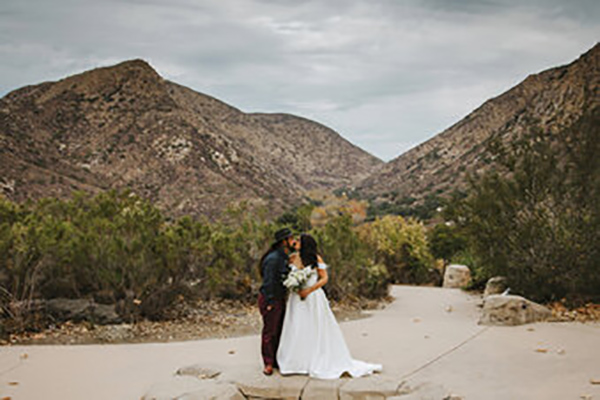The ink had barely dried on Maine Gov. John Baldacci’s signature legalizing gay “marriage” in May when Catholic and evangelical opponents began circulating a petition for a “people’s veto” to override lawmakers with a simple majority at the ballot box.
In Iowa, where the state Supreme Court legalized gay “marriage” in April, activists are pursuing a constitutional amendment that could get the issue in front of voters as soon as 2012. And in New Hampshire, where Gov. John Lynch recently signed a bill to make the state the sixth to allow gay “marriage,” social conservatives hope to put the issue on town meeting ballots across the state next year in a bid to document widespread dissent.
The message coming from gay “marriage” opponents is clear: pillar institutions of American democracy — first, the courts and, now, lawmakers — are hopelessly compromised and not to be trusted, at least not with one of the biggest social issues of our time.
Stunned by four states legalizing same-sex “marriage” in just two months, social conservatives are working to stop it, often through the avenue where they’ve had their greatest success: the ballot box.
“The integrity of our most fundamental institutions is in question and needs to be in question,” said Mike Heath, executive director of the Maine Family Policy Council, an evangelical Christian lobbying group. “I see our institutions as having become openly hostile (to religious views). They’re responsive to the elite and moneyed interests that dominate our statehouse. … The only hope here is the people.”
Reason for turning to the ballot box? It works. To date, state constitutional bans on gay “marriage” have passed in all 30 states where they’ve appeared on the ballots.
“Some cases that the courts decide are not brought to the people because people can actually see a rationale that the courts give to decide a particular case,” said Kevin Smith, executive director of Cornerstone Policy Research. “I don’t think the pro-marriage folks can see any rationale for saying that same-sex couples have the right to marry.”
The issue is just the latest part of a critique of particular branches of American government. In Maine, Heath challenges the integrity of heavily lobbied lawmakers, where he said both parties “are at best uninterested in serious, meaningful, theological and moral discussion … of issues related to marriage, sexuality and family formation.”
In Iowa, charges center on a judiciary that critics say overstepped its authority and needs to be put back in its proper place. By seeking a popular vote for a constitutional amendment, activists hope to set a precedent with implications for how to handle other issues.
“We don’t have to follow the model that was set before” when abortion opponents accepted Roe v. Wade as law of the land and then “legislated around the edges,” said Bryan English, spokesman for the Iowa Family Policy Center. “We have a responsibility … to preserve the liberty that comes from separation of powers and vesting of political power ultimately in the people.”





Share with others: